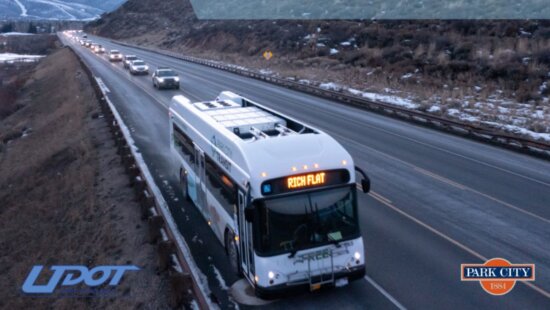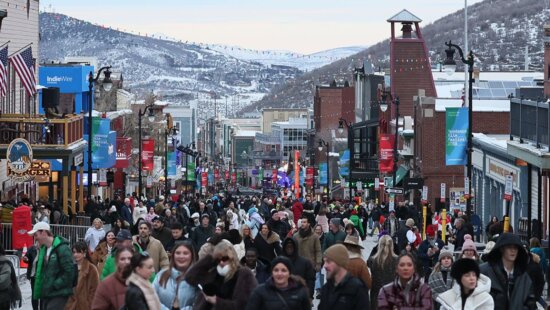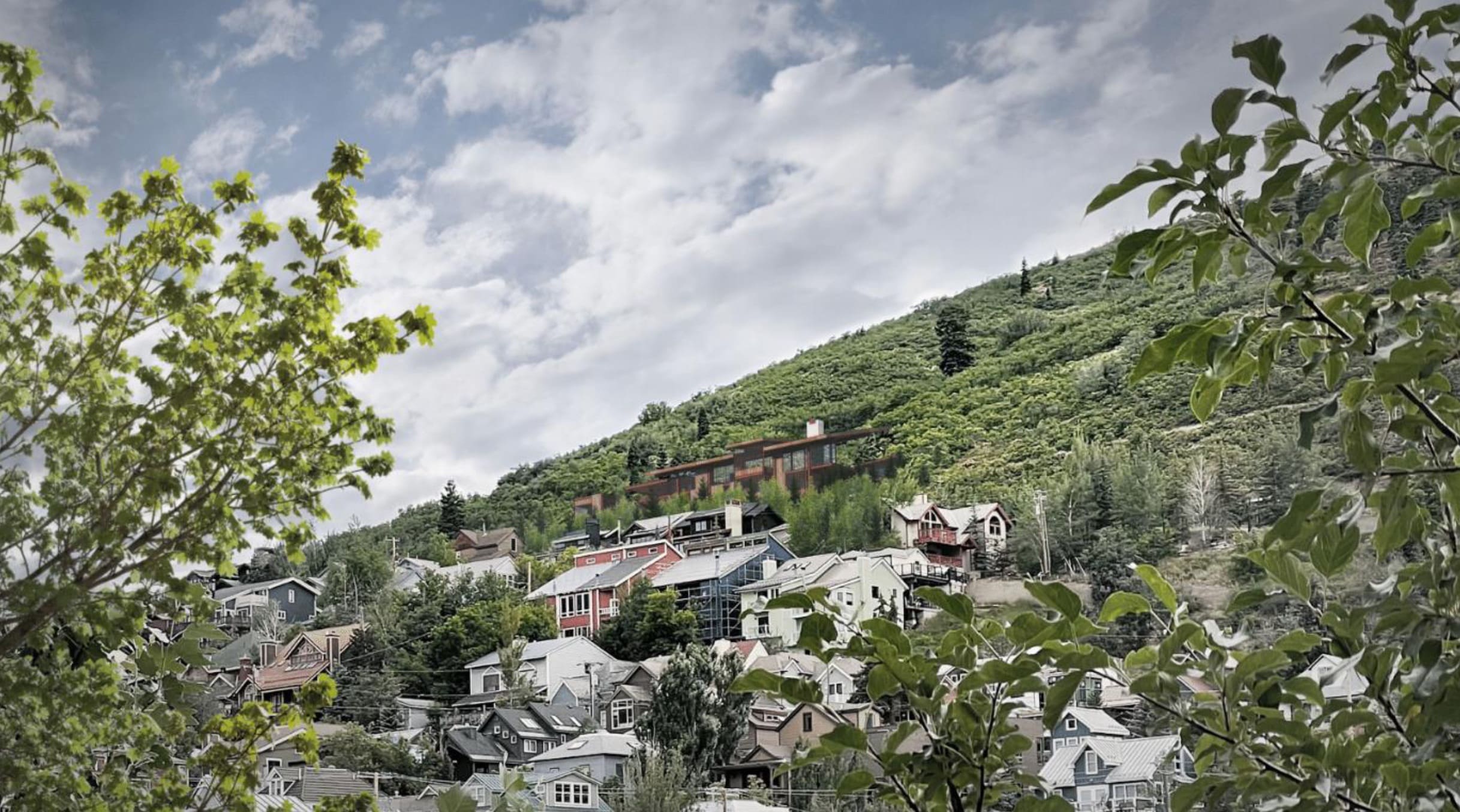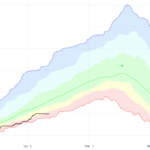Politics
ENGAGE: Are you for or against the $30 million dollar Park City recreation bond
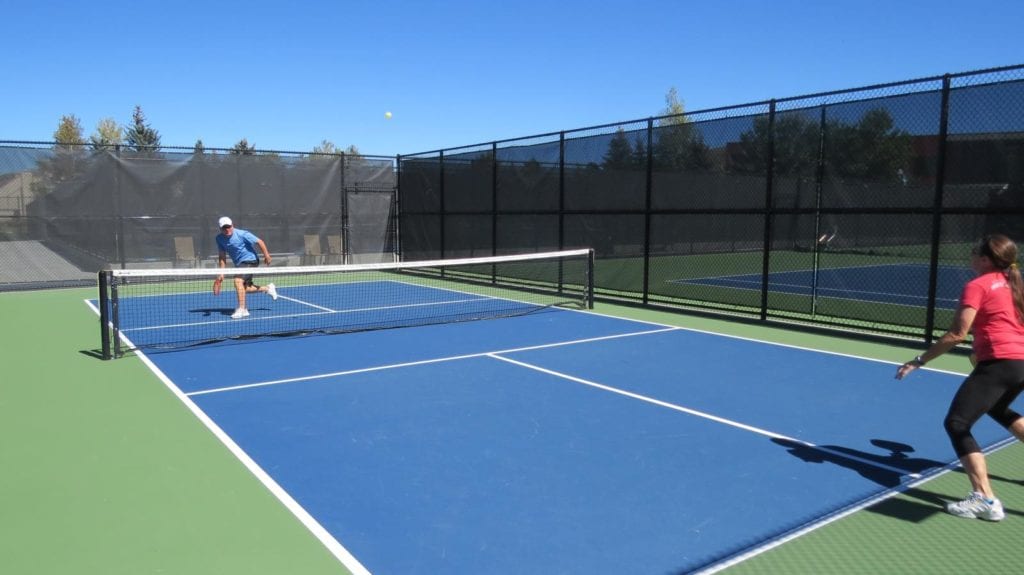
Outdoor pickleball courts Photo: Courtesy of Park City Municipal Corporation.
Over a period of 20 years the average homeowner in Park City would see an estimated average property tax of $137.20 per year for a primary residence and $249.46 per year for a business or non-primary resident to service the bond debt.
PARK CITY, Utah — On Nov. 21, Park City voters will have the opportunity to answer this question on the ballot:
Shall Park City, Utah (the “City”), be authorized to issue general obligation bonds in the amount not to exceed thirty million dollars ($30,000,000) (the “Bonds”) for the purpose of financing all or a portion of the costs associated with constructing, improving, furnishing, and equipping new and existing City recreational facilities? This includes but is not limited to expanded fitness facilities, field lights, indoor and outdoor pickleball courts, Nordic area, refrigerated outdoor ice sheet, and support maintenance facilities. Said Bonds are to be due and payable in not to exceed twenty (20) years from the date of issuance of the Bonds.
What will the Bond be used for?
If the bond passes, proceeds may be used for fitness expansion at the PC Municipal Athletic & Recreation Center (PC MARC) and new recreation amenities at the PC Sports Complex (PCSC) at Quinn’s Junction, including indoor and outdoor pickleball courts, Nordic ski training area, a pump track for bicycles, refrigerated outdoor ice sheet, sports field lighting, and expansion of existing maintenance facilities.
Who will pay for the Bond?
The debt service on the bonds will be paid by property tax. Over a period of 20 years the average homeowner in Park City would see an estimated average property tax of $137.20 per year for a primary residence and $249.46 per year for a business or non-primary resident. 67% of the property in Park City is a business or non-primary resident. As such residents are estimated to pay $9.9M of the 30M Bond. As existing Bonds reduce over time such that the incremental property tax burden due to the issuance of the proposed Bonds on residences and businesses within the District is expected to have no cumulative increase from current annual levels.
Take the TownLift reader poll with your vote on the bond
Pros and Cons
At the Oct. 26 City Council meeting prepared arguments for and against the bond will be read as part of Utah state code to issue the Bond.
The Pro-Statement for the bond argues that it will help meet the growing demand for recreational facilities in Park City, improve existing facilities, and continue the city’s longstanding commitment to recreation, community building and well-being.
The Con-Statement for the bond is against asking taxpayers to fund a recreational bond at this time, emphasizing the importance of addressing critical priorities related to affordability of housing, childcare, food and transportation while exploring alternative funding sources for recreational improvements.
Use the comments below to share your thoughts for or against the $30 million dollar Park City recreation bond.
















